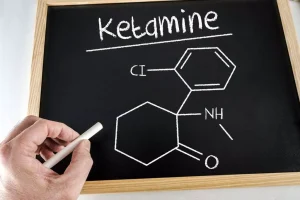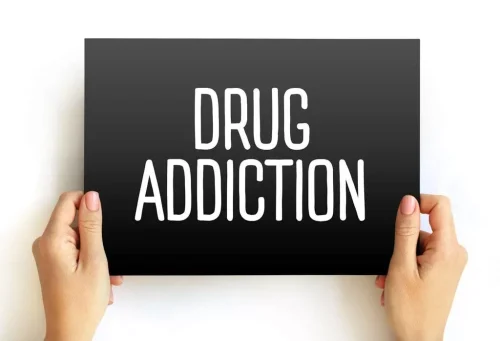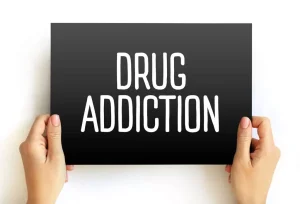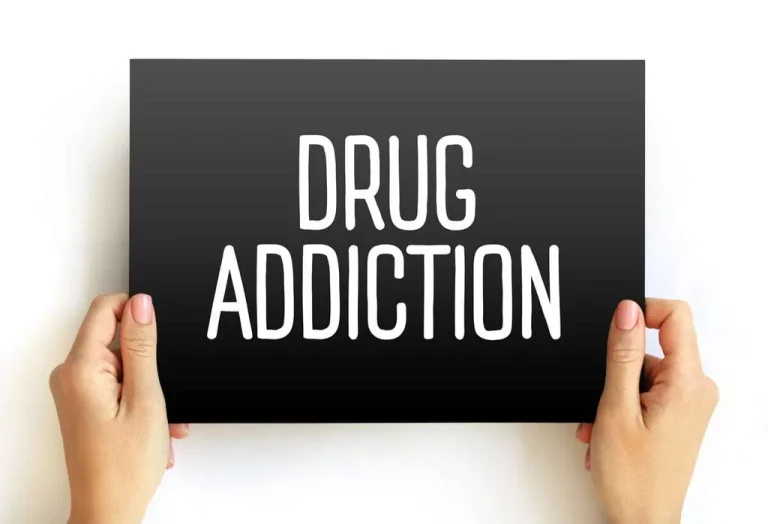
You can support more innovations fueling advances across medicine, science, health and wellness by giving today. Getting rid of hangxiety involves resting, avoiding anxiety-provoking challenges during the episode, staying with a supportive person, getting something to eat, and staying hydrated. If you’re curious about which supplements might best support your cognitive health, we invite you to take our AI quiz here. Engaging in mentally stimulating activities helps keep your brain active and sharp. To recover faster, focus on staying hydrated, eating nutritious meals, resting adequately, and engaging in gentle exercise to stimulate blood flow and oxygen to the brain. The cognitive dysfunction can impact your life negatively, affecting your career, relationships, and overall motivation.
Need Treatment Financing?
Today, she educates and empowers others to assess their relationship with alcohol. Gill is the owner of the Sober Powered Media Podcast Network, which is the first network of top sober podcasts. Recognizing the symptoms and understanding that they are the result of alcohol use and withdrawal can provide some sense of assurance that the https://ecosoberhouse.com/ symptoms will wear off after a few hours. Alcohol withdrawal symptoms occur as the body adjusts to a sudden decline in the chemicals that are components of alcohol.
- Drinking water and hydrating beverages can help support brain health and recovery.
- Given alcohol’s short- and long-term effects on the brain, it’s perhaps unsurprising to learn that we can get that lethargic, dull mental state we refer to as brain fog after drinking.
- Recovering from alcohol-induced brain fog requires time, patience, and support.
- Our team is available 24 hours a day, 7 days a week to answer any questions you may have.
- Long-term alcohol use can affect memory, concentration, and the ability to process information effectively.
Sleep Your Way to Clarity: Natural Brain Fog Remedy
These can include anxiety, depression, irritability, and sleep disturbances. Alcohol-induced brain fog is a state of confusion, lack of focus and mental obscurity that can occur after drinking alcohol and during withdrawal. So, pace yourself, stay committed, and keep moving forward, one step at a time. If you’re seeking a fresh start, a Greenville South Carolina rehab center can offer detox programs that effectively manage withdrawal symptoms and safely eliminate alcohol from your body. Additionally, incorporating mindfulness activities like meditation can play a role in strengthening brain circuits that may have been affected by alcohol use. Have you ever felt like you were navigating through a thick fog after a night of drinking?
Brain Fog and Fatigue in Early Sobriety

This impairment is closely linked to alcohol’s propensity to decelerate the central nervous system, culminating in diminished intercellular communication within the brain. This slowdown is a primary contributor to the onset of alcohol-induced brain fog, a condition characterized by mental clarity’s deterioration. Remember, the exact restitution timeline for each individual can be highly variable.

The Link Between Alcohol and “Brain Fog”

We recently launched our in-app chatbot, Melody, powered by the world’s most powerful AI technology. Melody is here to help as you adjust how long does brain fog last after drinking to a life with less (or no) alcohol. You’ll meet millions of fellow Reframers in our 24/7 Forum chat and daily Zoom check-in meetings.
- Alcohol can also lower blood sugar levels and deplete essential nutrients, contributing to cognitive impairment.
- Alcohol withdrawal symptoms occur as the body adjusts to a sudden decline in the chemicals that are components of alcohol.
- But how does this fog form and, more importantly, how long does brain fog last after quitting alcohol?
Understanding Brain Fog
Our team is available 24 hours a day, 7 days a week to answer any questions you may have. Use of this site constitutes acceptance of Sober Recovery’s “Terms of Use”, “Privacy Policy”, “Cookie Policy”, and “Health Disclaimer”. The material on this site is for informational purposes Sober living house only, and is not a substitute for medical advice, diagnosis or treatment provided by a qualified health care provider. The link between alcohol and brain fog is also related to alcohol’s impact on mental illnesses.
- Do not hesitate to reach out for help, as the effects of alcohol poisoning can be life-threatening.
- This dependence plays a significant role in the intensity and duration of brain fog during withdrawal.
- By implementing these brain fog remedies into your addiction recovery journey, you can enhance your cognitive abilities, regain mental clarity, and improve your overall well-being.
- Another study noted that people are generally less alert when they’re hungover.
- Winding down with a glass of wine or a beer every day isn’t healthy for our hearts, as once thought.
Recovering from alcohol-induced brain fog requires time, patience, and support. It is crucial to seek professional help and engage in activities that promote brain health and overall well-being. Implementing a combination of healthy lifestyle choices, cognitive exercises, and comprehensive treatment can help alleviate brain fog and restore cognitive function. The brain recovery process from alcohol use is a dynamic and unique process, with new research showing how quickly the brain can repair damage caused by heavy drinking. In alcohol addiction treatment, alcohol-induced brain fog is a significant problem. It can even happen after alcohol detox or alcohol rehab, as alcohol damage lingers in your body long after you quit drinking alcohol.
After completing detox, individuals can benefit greatly from aftercare programs designed to provide ongoing support during the transition to sobriety. These programs often include regular check-ins, counseling sessions, and educational workshops on relapse prevention strategies. Binge drinking can have severe consequences, including alcohol poisoning. This dangerous condition occurs when an individual consumes excessive amounts of alcohol, overwhelming their body’s ability to metabolize it. Alcohol poisoning can lead to life-threatening symptoms and requires immediate medical attention. To combat brain fog during and after alcohol detox, it is important to prioritize self-care.
